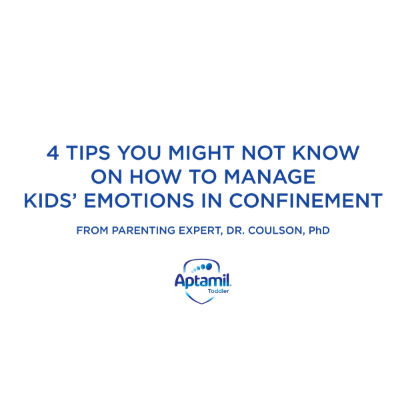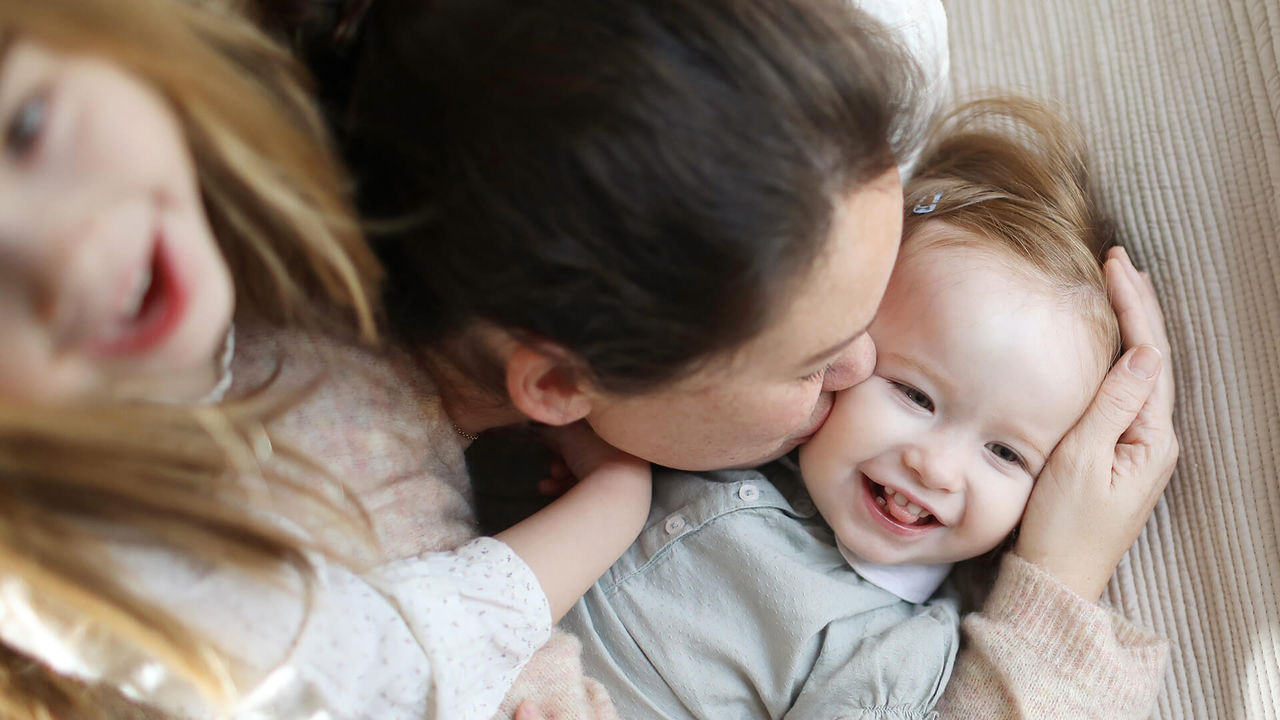Every Parent has a story - 08 Nov 2023 by Bounty Team
Beginning childcare is a big transition, but before you know it your little one will be having the time of their life.
The early days of childcare can be an emotional time for everyone involved. You’ve spent so much time together creating that special bond, and now the time has come to hand your precious little one over to the care of another.
Creating those longer separations is a transition that needs patience and care to adjust to… for you and for them!
While it is important to accept that it’s very normal to be dealing with tears during this big change, it’s fortunate that there is much you can do to help reduce the stress.
Check out our guide to making daycare drop-offs a breeze below.
9 ways to make daycare drop-offs go smoothly
1.Get familiar with the facilities and the carers. Fostering a great relationship with your child’s carers will go a long way to helping them feel safe and secure. Take advantage of orientation visits and take the time to get to know the names of your child’s carers so that you can talk about them with your little one in the lead-up to daycare days.
2. Give them a boost. Another consideration ahead of starting daycare, little ones tend to get sick a lot during this age, so look at giving their immunity a boost. A toddler milk drink that supports the immune system may help balance out any shortfall in their nutritional needs. Aptamil® Gold+ Toddler contains 8 nutrients that support the immune system*; they include zinc iron, folate and vitamins A, B6, B12, C and D.
3. Ease into it. If your child has not spent much time away from you, you can establish some ‘practice separations’ before beginning daycare. You might ask a trusted friend or family member to assist you by caring for your child for short periods of time – beginning with one hour, then two, then three etc. Doing this in weeks before beginning childcare may help with the transition.
4. Create a drop-off ritual. A daycare day ritual can help build trust between you and your child. Consistent age-appropriate actions on daycare day – putting their bag away, hand sanitiser, hat on, a cuddle and kiss or a hi-five – will provide your child with certainty, comfort and reassurance as they begin to associate daycare as a safe space for them.





